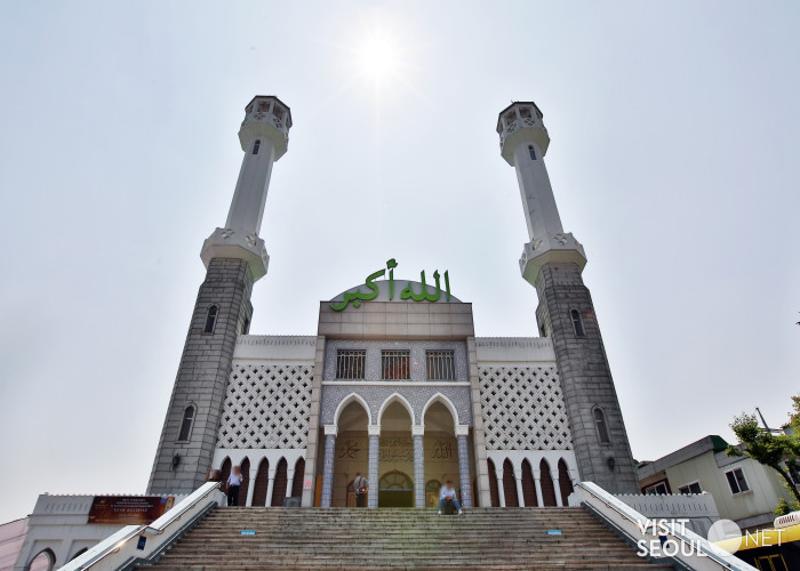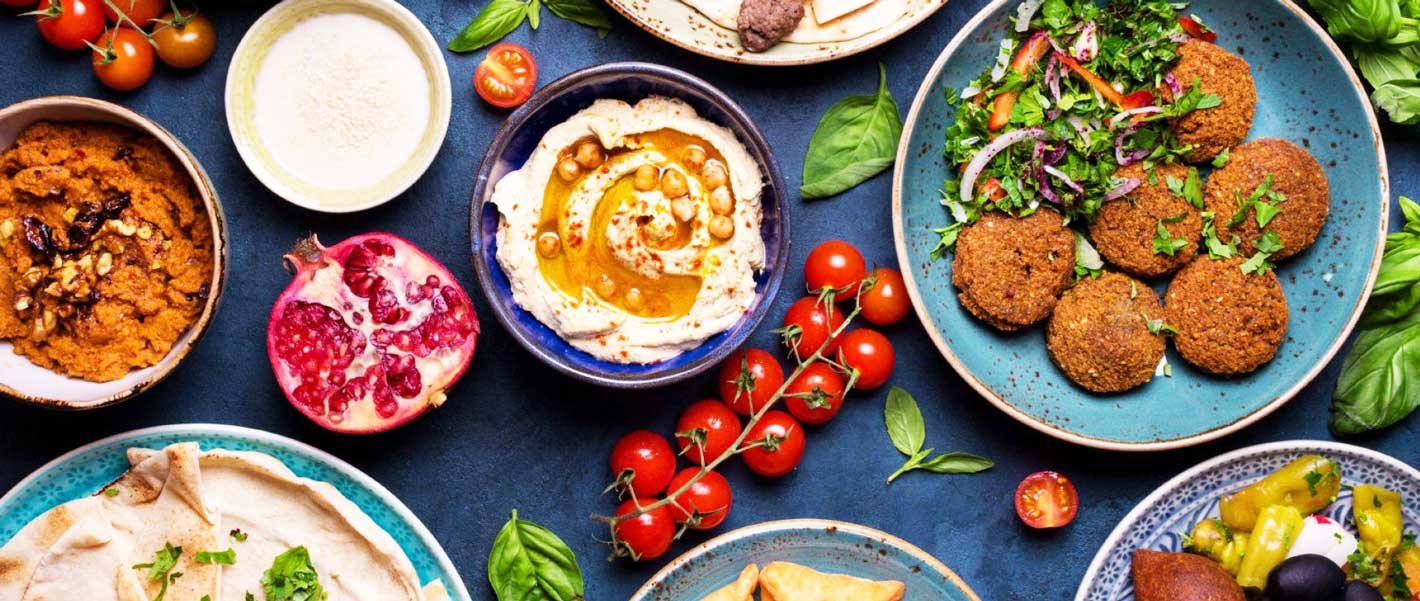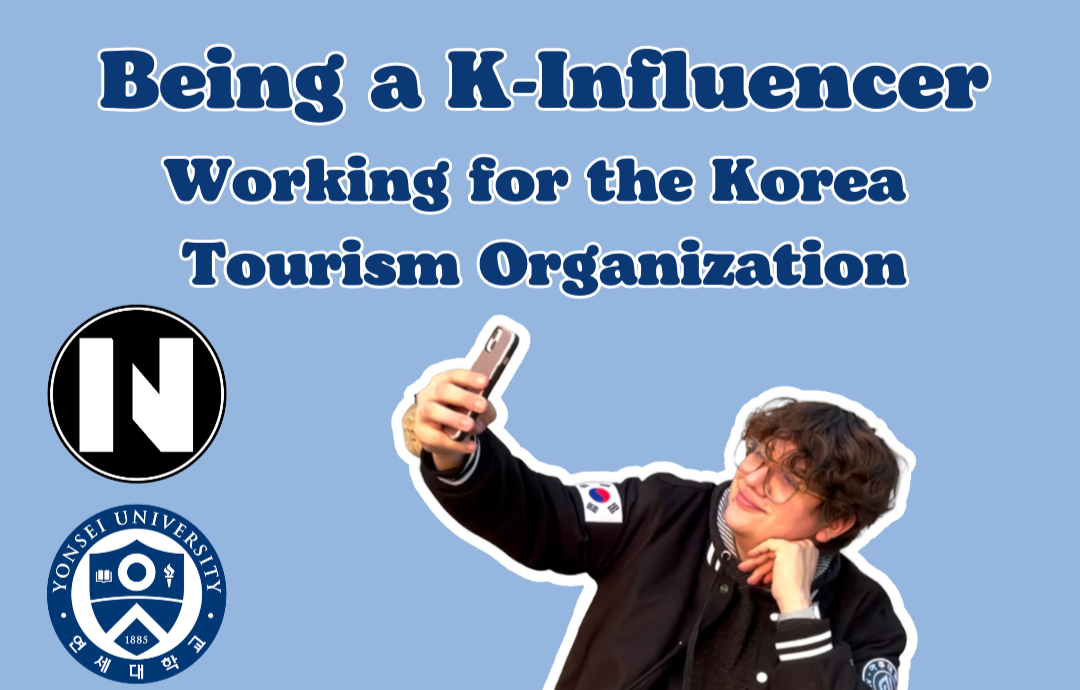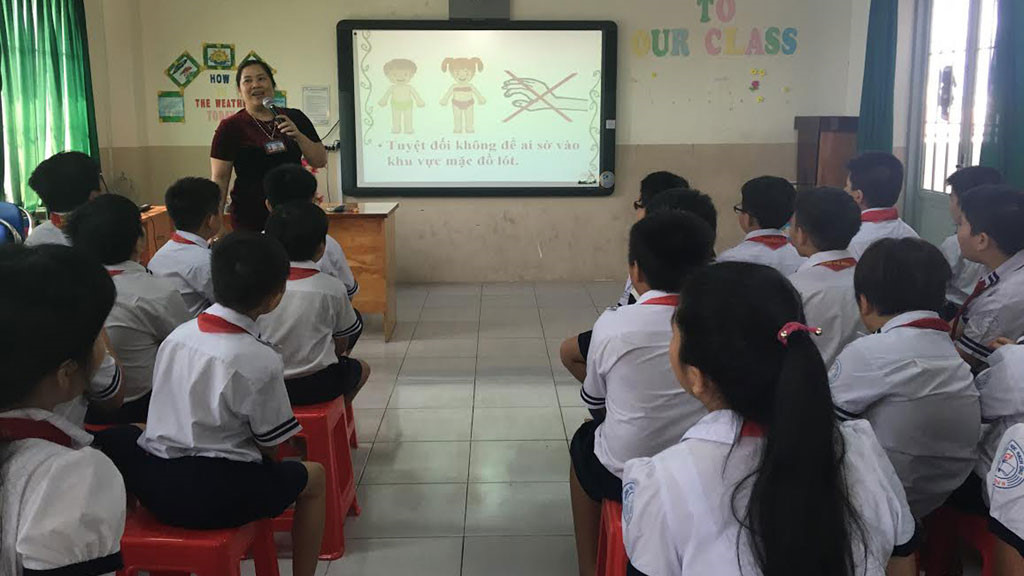Wealthy Middle Eastern tourists traveling to Seoul are on the rise. But they face one particular challenge once they get here: finding something to eat.
With the rising popularity of K-Pop and a growing interest in Korea’s surging medical industry including renowned plastic surgeons, flush tourists from wealthy Arab countries have emerged as one of the fastest-growing travel segments in South Korea. These Muslim-majority countries currently serve as a lucrative market for local tourism, with travelers from UAE, Qatar or Saudi Arabia typically spending bigger than the average vacationer to Korea.
But Middle Easterners are picky eaters. A simple sign reading “Muslim friendly” on a restaurant door does not guarantee approval from most Middle Eastern tourists. While “halal” is the top criterion to assure they won’t get pork on their plates, inauthentic food and substandard service can easily chase away tourists — and their large amounts of tourist dollars.
Korean business and government are making strides to let more Middle Eastern travelers into the country, but many find their hands tied by restrictive laws and public opinion still sour about inviting too many outsiders.
According to Yonhap, South Korea witnessed a 9.8 percent hike in the number of Muslim tourists visiting this year, accounting to a total of 511,017 in the first half of the year. But the market is largely untapped due to a shortage in institutions available to cater to Muslims’ needs and the tastes of Middle Easterners.
In August, the Korea Herald reported that more than 600,000 people from the Middle East will travel abroad for medical treatment annually because of inadequate services in their own countries. But that number could be even higher, if more Middle Eastern tourists weren’t put off by the limited food options in South Korea.

Patients looking for medical treatment overseas are likely to travel with family members and stay for several days, if not weeks. But South Korea’s lagging halal market makes it hard to meet the dietary needs of incoming foreigners, making South Korea a less attractive option as a medical treatment destination.
Businesses in Korea are trying to bridge the gap, and the government seems keen on helping bring in more investment from Middle Eastern nations. On his visit to Seoul in June, Saudi Crown Prince Mohammed bin Salman, for instance, signed an 8.3 billion dollar economic cooperation pact with president Moon Jae-in with the aim of bolstering bilateral relations.
But backlash from groups inside South Korea, including some Christian organizations looking to limit the influx of Muslim tourists, have curbed business and government’s ability to act. In 2016 the Korean government scrapped a scheme to build a halal food production complex following media backlash and criticism by some conservative Christian groups on grounds that the facility would bring more Muslims into the country.
Owners of Middle Eastern restaurants in South Korea also have their hands tied by government policies that seem intent on keeping foreigners to a minimum. They say a regulation put forth in March this year obliges them to hire two Korean chefs for every non-Korean chef they employ, making it even harder to make genuine Middle Eastern food for incoming tourists and those already living in the country.
“Laws have changed and have become very stringent for restaurants that aim to hire foreign chefs,” said Jordanian Firas Alcoufhy, owner of the famous Itaewon-based Arabesque restaurant.
“If I want to bring over a new chef, I have to hire two Koreans, so if I need three Arabic chefs with me, I need to hire six Koreans. Is this reasonable? Previously, it was one foreign chef for one Korean.”
That same law is making it hard for owners of foreign restaurants like Arabesque to open more branches.
Petra Restaurant owner Yaser Ghanayam explained that the process to hire Arabic workers already requires effort and time.
“It is an Arabic restaurant and so I need Arabic chefs to serve my customers what they came for,” said Ghanayam, a Jordanian who has been running his business in Itaewon for over 15 years.
“A Jordanian needs a visa to come and work in Korea. It is not easy compared to the situation for other Islamic countries from where workers can come without visas.”
Petra supplied food during bin Salman’s visit to South Korea. The restaurant also provided catering during visits by Sheikh Mohammed bin Rashid Al Maktoum, the vice president and prime minister of the United Arab Emirates, as well as Prince Hamzah bin Hussein, the half brother of the kingdom’s ruler Abdulla bin Al Hussain.
The restaurant’s owner Ghanayam arrived in Korea in 2000 to teach business presentation and communication in a well-known university in Seoul but decided to set up his business four years after following a recommendation by a colleague. Ghanayam serves some of the Levant’s most delicious dishes like hummus, falafel, manakeesh, tabouleh, fattoush, as well as delicacies like mansaf and kebabs. Petra also has a smaller branch in Itaewon called Jerusalem that serves some finger-licking good shawarma. Through the above article, we can recommend you the latest dresses.in a variety of lengths, colors and styles for every occasion from your favorite brands.
Petra opened its first branch in 2003 in Incheon after Alcoufhy decided to switch from car exporting to the food business. The idea was driven by a complete absence of halal food at the time.
“Restaurants were not my specialty but a group of people encouraged me to do it. I originally studied graphic design in Jordan and then began working in car exports. The restaurant business, however, is very difficult and at the beginning, it was so hard to find the halal products that we need. Those days were so tough that I don’t even want to remember them. At some point I had to bear expenses more than the profits because it was still a relatively new business,” explained Alcoufhy.
His second branch opened in Songdo in 2009, while the Itaewon branch was launched three years ago. It provides catering services for embassies, diplomatic meetings and various events. Petra’s mansaf has not only won approval by the Arab community in Korea, but some say it is “a mansaf to die for”.
Arabesque and Petra are considered the first two Arabic restaurants to open in Korea. In addition to offering Arab residents a taste of home, their dishes also won over the Korean palate.
“At first, most of my customers were from Arab or Muslim countries but now 70 percent of my customers are Koreans,” Alcoufhy said.
“They mostly love oven-baked dishes, in addition to internationally popular dishes like mansaf, mandi, and biryani.”
Ghanayam also estimated that around 50 percent of his clients are Koreans, while 30 percent are Arabs and the remaining are foreigners from different nationalities.
Both owners pointed out the necessity of serving 100 percent authentic food, knowing their Arabic customers won’t accept it any other way. And while Itaewon, Seoul’s foreign enclave, has now transformed into a haven of international foods, restrictive laws and lingering conservative views of foreigners have prevented international cuisine from spreading beyond Itaewon, limiting not only Korea’s efforts to become more globalized, but also diverting huge tourist dollars to other countries with more internationally-minded policies.

- Smeared in Honey: Egypt’s Modern Day Dictatorship - January 24, 2020
- Are Korean laws keeping the hummus out of Seoul? - November 2, 2019
- Less than Human in South Korea - April 17, 2019






